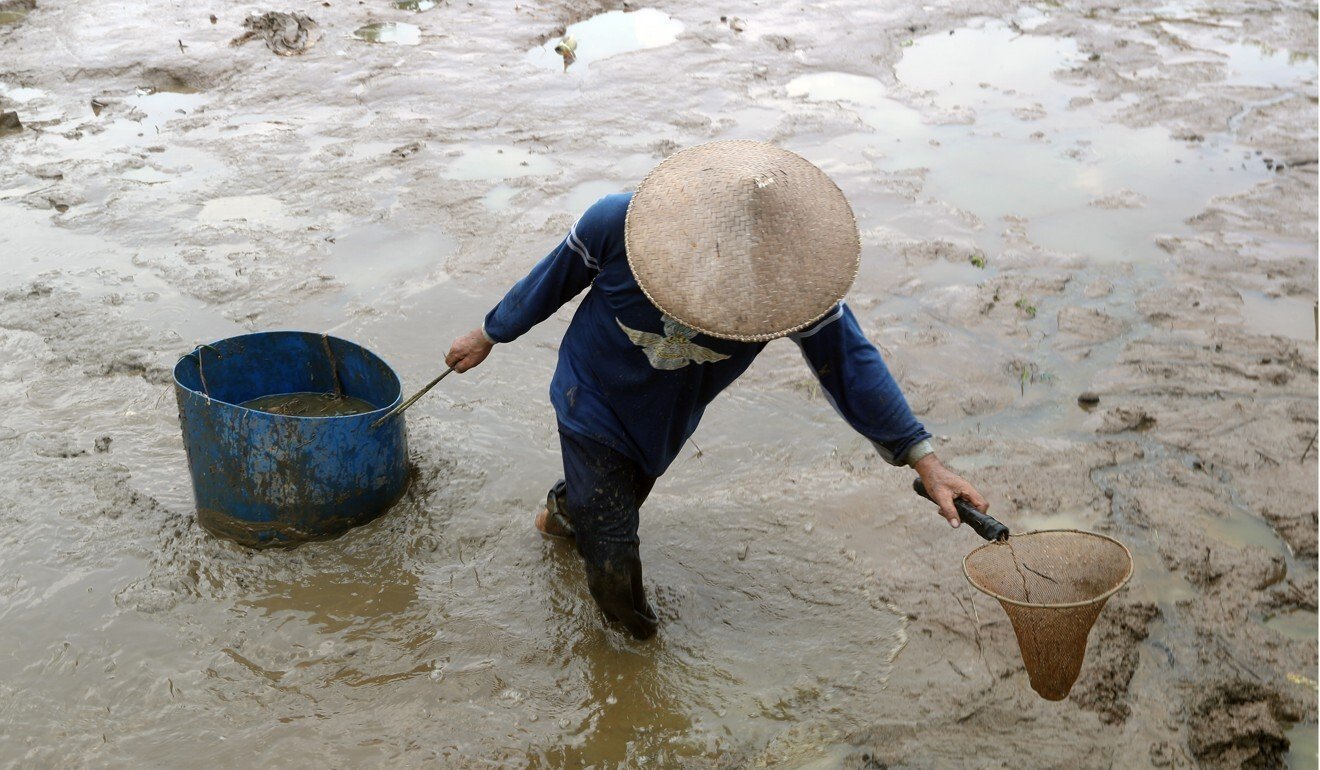Hong Kong News

Insuring the poor in Hong Kong and elsewhere is becoming big business
One major challenge in poverty alleviation is minimising the risks that the poor face, in health, capital accumulation and jobs, among other areas. For the poor, the ordinary premium for insurance is largely out of reach. In many parts of the world, banks and NGOs, in particular microfinance institutions, have stepped in to provide low-premium policies with decent payouts for a range of life events and natural disasters.
Every society seems to have a different experience with microfinance. Bangladesh, home of Grameen Bank, has a large market for microinsurance, with over 25 million customers and products covering everything from loans and life to livestock and health. There, microfinance institutions like the International Network of Alternative Financial Institutions offer more affordable premiums than traditional insurance companies and professional societies.
An academic study using Grameen Bank data has showed that the poor benefit from microinsurance, with improved household incomes, better health and nutritional status, and a lower poverty rate.
In Indonesia, the most populous country in Southeast Asia, many multinationals sell microinsurance products. The Indonesian subsidiary of Allianz Life, for example, offers Sekoci, with premiums that can be paid over the mobile phone. The product’s target customer has an income of only around 2 million rupiah (US$136) per month.

Indonesia is also innovating in terms of climate-change-related insurance products. Up to 95 per cent of north Jakarta could be submerged by 2050 due to climate change. The poor tend to cluster in vulnerable coastal cities. Microinsurance, available through the mobile phone, provides protection for homes and crops in this large Muslim country with a notoriously low insurance penetration rate of only around 3 per cent.
In Singapore, insurance schemes offered by NTUC Income (established by the national trade union) are directed at the poor. Its microinsurance plan pays out S$5,000 (US$3,682) in case of death or total disability and matches the insured family’s total bank balance for up to a further S$5,000. The organisation also offers insurance for medical care and children’s education.
Grab, a start-up, signed with Chinese insurer Zhong An last year to provide insurance products to small-scale entrepreneurs in Southeast Asia, and also offers medical insurance to the drivers in its ride-hailing service.
Hong Kong’s microinsurance market, in comparison, is nascent but no less ambitious. YAS Digital has created an app store as a marketplace for business-to-business and business-to-consumer insurers. Using smart technology, its founders hope to provide ever more personalised products, such as insurance policies that automatically activate when the customer’s global positioning system shows that he is on a hiking trail, in a theme park or using public transport.
In a break from traditional areas of coverage, DBS Bank in Hong Kong has introduced a digital microinsurance product that offers protection against online crimes such as identity theft, online privacy invasion, tech support, hacking, harassment and cyberbullying. This development is good for the poor. The policies, in pricing risk more affordably, will encourage them to log on to the internet, form communities for social engagement and conduct business online.
But banks and non-governmental organisations can do more. For example, they can develop a greater selection of microinsurance products covering life and property for low-income earners and those vulnerable to the city’s high cost of living. Climate-related events such as typhoons
and high humidity in the spring, and their known damage to Hongkongers’ homes, land and businesses are a fact of life, and should be insurable for all.
Microinsurance filled a niche market that traditional insurers previously did not find profitable, and so did not operate in. As the market for the poor reaches critical mass, bigger banks and more start-ups are entering a business once largely reserved for non-profit organisations. This is good news for the poor in Hong Kong, who should expect to find more competitively priced products tailored to their needs.











